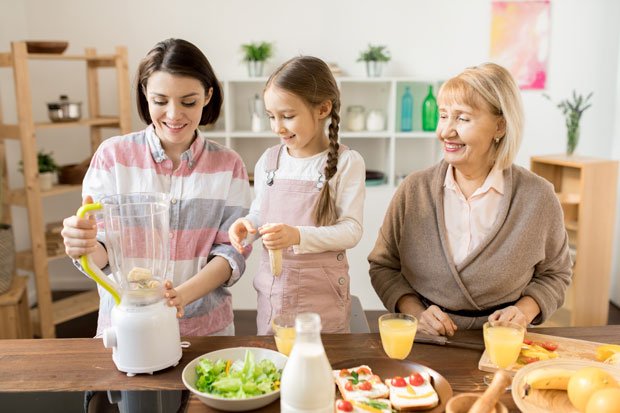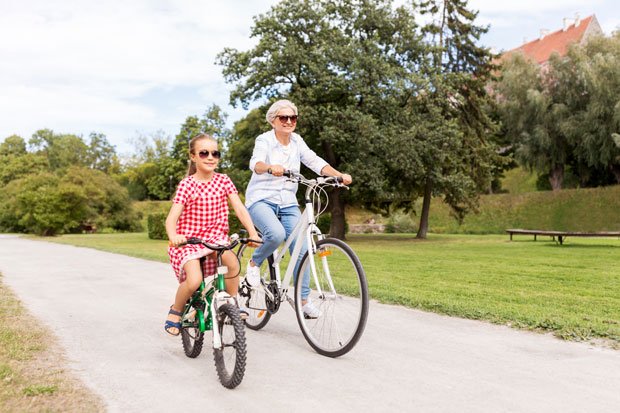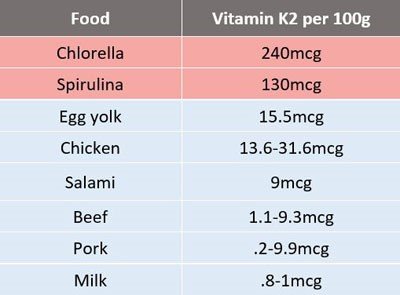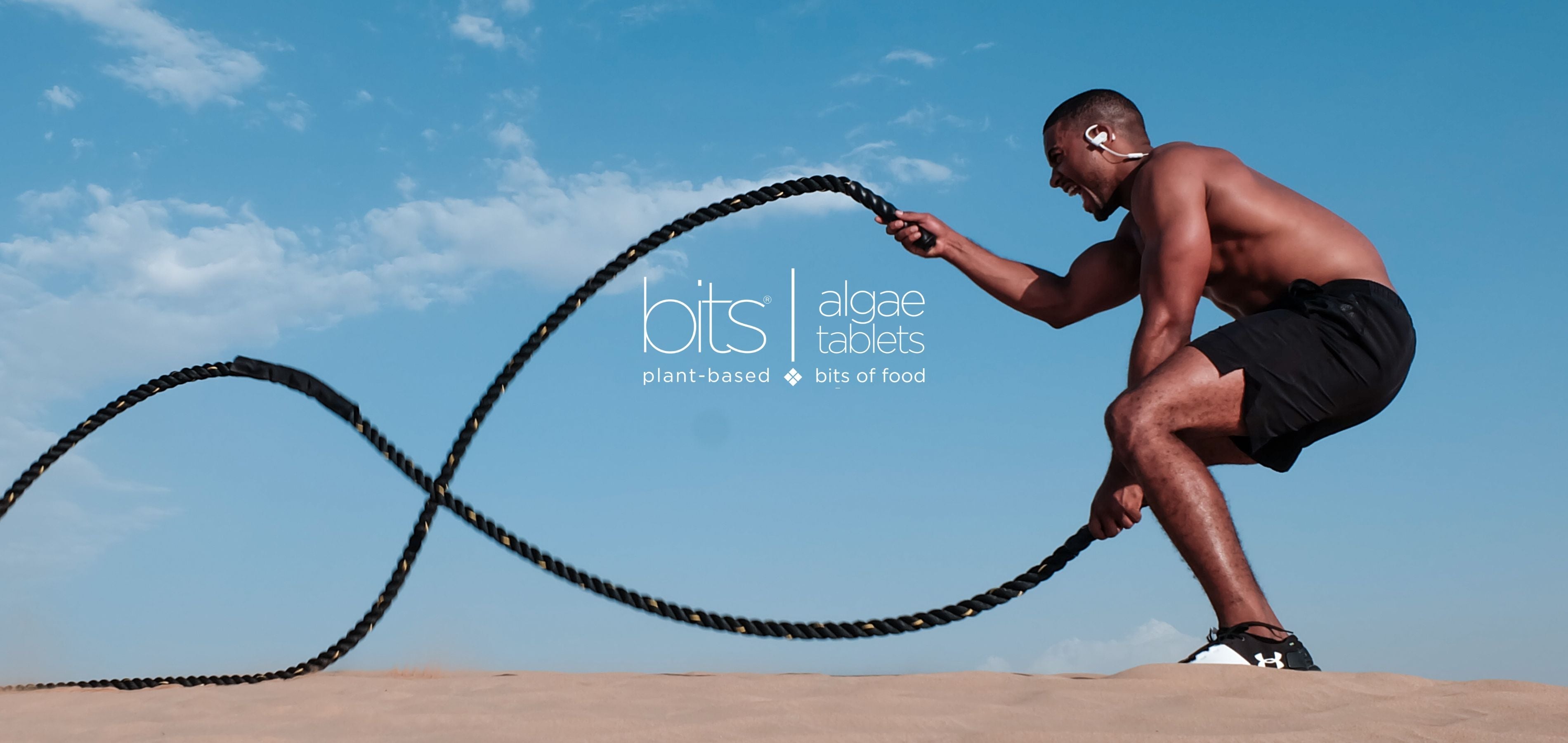
Algae, A Woman's Best Friend
, by Catharine Arnston, 10 min reading time

, by Catharine Arnston, 10 min reading time
October is National Breast Cancer Awareness Month and we are proud to support this important cause. In fact, our Founder, Catharine Arnston started our company as a result of her younger sister developing breast cancer – who thankfully is still cancer-free ten years later (thanks for asking). But breast cancer is not the only health issue facing women this month and every month so keep reading to learn how to use plant-based nutrition like algae to help protect yourself and the women you love.

Did you know that women have unique nutritional needs, including needing more of certain vitamins and minerals during different life stages?

Hormones have many significant effects on women’s health, and we’re not talking about just mood swings during “that time of the month.” Bloating, fatigue, irritability, hair loss, palpitations, trouble concentrating and infertility are just a few symptoms of hormone imbalance <6>. Fortunately, research has shown that many of these symptoms can be reduced by spirulina algae <7>.
After taking spirulina, women reported feeling calmer, having more energy, less painful breasts, less PMS, and fewer hot flashes. The reasons have been attributed to spirulina’s high amounts of gamma-linolenic acid, a fatty acid that converts into prostaglandins, a precursor to calming hormones <8>.
After taking spirulina, women reported feeling calmer, having more energy, less painful breasts, less PMS, and fewer hot flashes.
Research has shown that Vitamin K2, another nutrient found in algae, (especially chlorella) also helps ease hormonal woes <7>. Vitamin K2 is particularly important before, during and after menopause which is when a woman’s body becomes less efficient at absorbing and utilizing vitamin K2 (likely due to changes in estrogen levels) <9>. Unfortunately, in the USA there are only two known food sources of Vitamin K2 – grass fed animal protein and algae, particularly chlorella algae (a single serving of chlorella tablets provide the recommended daily intake of Vitamin K2 for women). By the way, only the Vitamin K2 found in food like chlorella (which is called M-4) can be absorbed by the brain <9>. That is why we don’t recommend K2 supplements (which are MK-7- a version of K2) since their form of Vitamin K2 cannot be absorbed by your brain. To help prevent Alzheimer’s and dementia, you want to be sure you have Vitamin K2 in the form of M-4 (which is found in algae).
Heart attacks are the number one cause of death, and strokes are number three <10>. Eating a heart-healthy diet is one of the best ways to lower your risk for heart disease (and men, that means you too!). Protect your heart by choosing nutrient-dense plant-based foods, eat less sugar to reduce your daily calories, and avoid unhealthy fats <11>.
Algae scores on all four because algae is:
That’s why it’s so easy to love your heart to bits with algae!

How Algae Can Help: The best way to minimize symptoms of anemia is to increase your daily amount of iron, but iron supplements are not the answer. This is because they can reach toxic levels, cause constipation, and are not as bioavailable as plant-based sources of iron like algae. Spirulina and chlorella contain the highest known amount of plant-based iron (non-heme iron) which does not stimulate the mTOR pathway or the IGF-1 pathway as the heme iron (which is sourced from animal protein and is also not the answer for vegans) <13>.
How Algae Can Help: Both spirulina and chlorella have high amounts of B vitamins- nutrients which help the brain produce a happy/balanced mood <13>. Spirulina and chlorella also contain very high amounts of antioxidants, carotenoids, and the amino acids like tryptophan- the precursor to the neurotransmitter serotonin, which improves your mood and melatonin- the neurotransmitter that helps you sleep. A night of good sleep and increased tryptophan will do wonders to improve your day <13>. Who doesn’t want that! So, let’s all find some algae!
How Algae Can Help: Both spirulina and chlorella have been shown to help improve blood sugar and insulin sensitivity <15>, and the blue-green pigment in spirulina (phycocyanin) further improves insulin resistance <16>. Not only does algae help stabilize blood sugar, but it also has NO sugar and satisfies your hunger, so your sugar craving is reduced. And that’s sweet!
How Algae Can Help: Studies on chlorella (and spirulina) show they contribute to reducing cholesterol and triglycerides in women <17>. Both algae also contain high amounts of Vitamin K2 a critical nutrient that helps maintain healthy arteries and blood pressure <18> by reducing arterial stiffness (which can lead to heart attacks and strokes). Spirulina is also a great source of Omega-3 (which reduces inflammation) not only because it’s vegan and sustainable but also because it is safer. More than 80% of fish oils are rancid, toxic, and acidic to the body. This increases the risk of atherosclerosis and thrombosis (hardening of the arteries) <19>.
How Algae Can Help: Good nutrition is the healthiest, most natural way to protect your bones. But it’s not just calcium that makes your bones strong. Calcium does not make your bones strong in fact; it makes them brittle <20>. What makes your bones strong is nutrient-dense, high protein, alkaline, plant-based whole foods like spirulina and chlorella tablets (both of which have the highest concentration of protein in the world and the highest concentration of minerals in the world) <21>. Algae is also a natural source of Vitamin K2 (which moves calcium out of soft tissue like blood vessels into bones) so your bones stay strong <22>.
How Algae Can Help: Eating an alkaline diet is vital in protecting your health. Green vegetables and plant-based foods, like algae offer the most abundant source of alkalizing minerals available.
Did you know that Vitamin K2 is virtually absent from our food supply? Fortunately, algae is loaded with it!

It’s clear that women are faced with many health issues and that this can be overwhelming. But don’t be disheartened! Start small. But start now. Try to increase the number of nutrient-dense, alkaline whole foods in your diet (like algae) so your body can get the nutrients it needs to help you live long and live well. Plant-based superfoods like spirulina and chlorella tablets may be the easiest, fastest, toxin-free, alkaline foods that could change your life. They changed ours.
We hope you’ll tell your mom, your sister, your wife or your best friend to check out ENERGYbits® and start on a path of better health today! Girl power, yeah!


